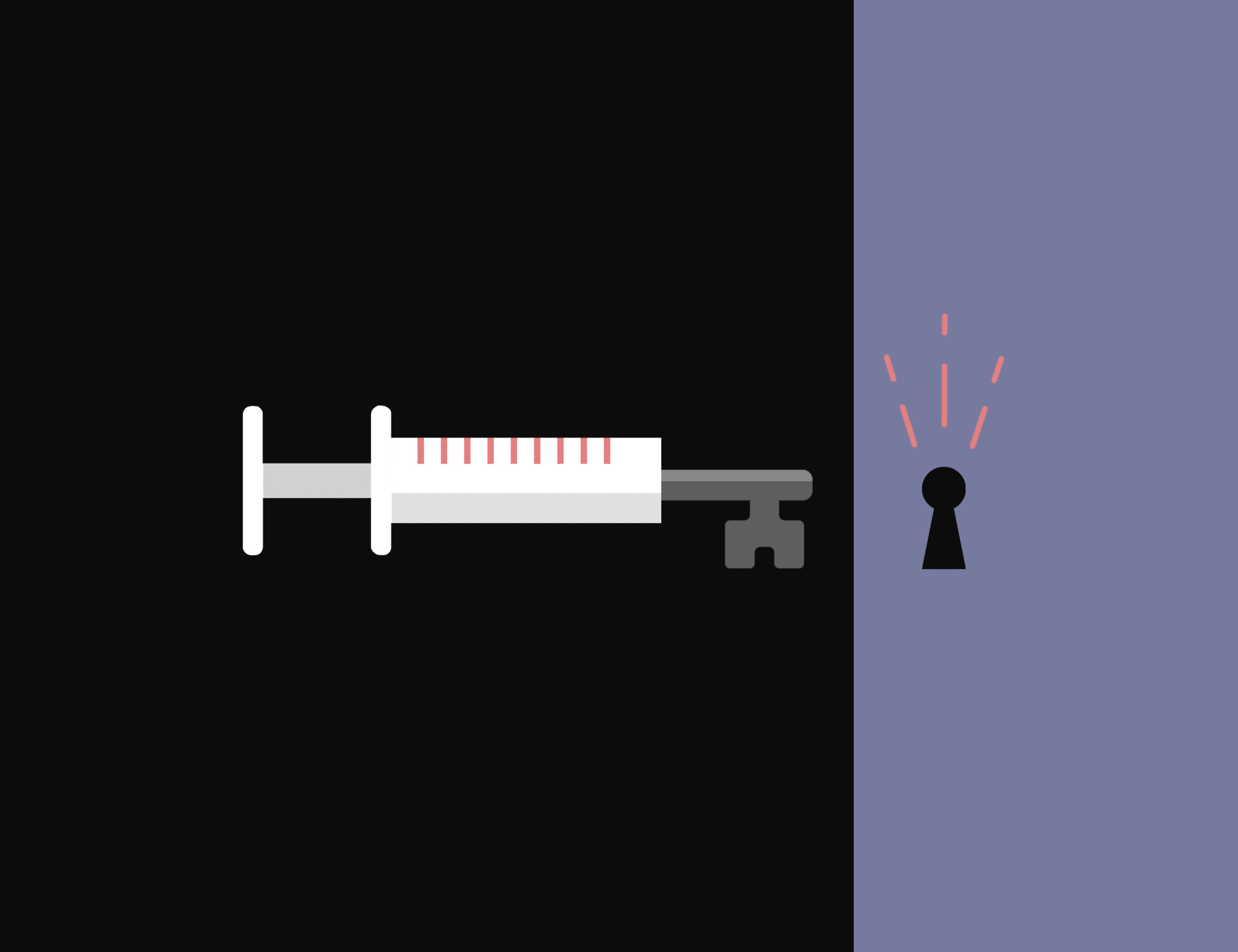Is it unethical to upgrade your iPhone?
How our addiction to new and shiny devices is doing more harm than good


A free daily email with the biggest news stories of the day – and the best features from TheWeek.com
You are now subscribed
Your newsletter sign-up was successful
There is always a bitter sort of irony in watching videos of the unveiling of a flashy new iPhone on your own scuffed and scratched years-old device. As reviews of the new iPhone 11 rolled in this week — and I watched them on my trusty iPhone SE from 2016 — I almost immediately started doing the math in my head to figure out if I could afford the shiny new phone.
But this year's parade of iPhone reviews was a bit different. Where most reviews have traditionally recommended readers upgrade every two years, The New York Times, for example, suggested most people with a 3- or 4-year-old phone hold off on buying a new one. This is a significant change in tone, and it's rooted in the iterative state of smartphone technology: These days, there just isn't much a brand new smartphone can do that your current smartphone can't. But this shift also presents an opportunity to reflect on our buying habits. Why did we ever think it was ok to upgrade devices that cost of hundreds of dollars every year or two? In this moment of increasing environmental awareness, is upgrading your phone unethical?
The hundreds of millions of smartphones sold per year use rare metals that are hard to mine and have harmful byproducts. The BBC reported on an artificial lake in Mongolia filled with "toxic sludge" from the production of new gadgets. Such man-made horrors, coupled with the enormous amounts of resources and energy it takes to create new devices, makes the problem all too clear: The more smartphones we buy, the more waste we create, and the worse the effects on our environment.
The Week
Escape your echo chamber. Get the facts behind the news, plus analysis from multiple perspectives.

Sign up for The Week's Free Newsletters
From our morning news briefing to a weekly Good News Newsletter, get the best of The Week delivered directly to your inbox.
From our morning news briefing to a weekly Good News Newsletter, get the best of The Week delivered directly to your inbox.
Of course, every object we use has an environmental cost; that doesn't mean we should stop buying toilet paper or groceries. But those are products we need. Do we really need new smartphones every few years?
Certainly, there was a point at which rapid iteration of smartphones was somewhat justifiable. The difference between the first iPhone and the second was significant. At the time, surfing the internet or getting directions while walking down the street felt positively revolutionary. In those early years — say, from 2007 to 2014 — there were tangible, pragmatic differences between models. We saw the same pattern with tablets. Now we're seeing it with smartwatches.
But now, the newest iPhones are functionally barely different from older models. Compared to recent devices, the iPhone 11 takes marginally better pictures and is a bit faster, but that's about it. Most people shouldn't upgrade, not just because there isn't much difference, but because it's profoundly wasteful to do so.
The trouble, though, is that the digital revolution was so tied to the allure of invention that's it now become hard to shake our addiction to shiny new stuff. Indeed, we are naturally hardwired to seek out new things, and it is as if Silicon Valley hijacked this built-in human desire. We have become so accustomed to associated novelty and desirability that it's difficult not to succumb to the idea that new is always better. It isn't just hardware, either: Social media sites, like Twitter or Instagram, thrive on this desire for newness — it's why we refresh our feeds constantly.
A free daily email with the biggest news stories of the day – and the best features from TheWeek.com
What people want from new tech isn't simply a tool to be used, but something to be excited about. Something to fulfill a desire for possibility or happiness. Googling "iPhone 11" and "boring" turns up scores of results from people who found the new devices utterly yawn-inducing. Thought of that way, it's understandable why people keep upgrading their phones — they're looking for fulfillment. It also confirms again that tech has hijacked normal human desires and tried to profit off them.
Should you upgrade your phone? If it still does what you need it to do, probably not. Anyone who has a phone less than 3 years old should almost certainly not. Part of personal responsibility in the 21st century is about learning to say no to things: the convenience of car culture, the comfort and quiet of suburban sprawl, and the novelty of new gadgets and stuff. These things come with consequences that extend beyond our own lives and wallets. It's about the broader effect on the world.
It's easy to lust after the latest phone. But it won't make your life or the planet any better. Remembering this is the only way to combat the way we are always asked to sacrifice ourselves at the altar of the new.
Want more essential commentary and analysis like this delivered straight to your inbox? Sign up for The Week's "Today's best articles" newsletter here.
Navneet Alang is a technology and culture writer based out of Toronto. His work has appeared in The Atlantic, New Republic, Globe and Mail, and Hazlitt.
-
 Political cartoons for February 15
Political cartoons for February 15Cartoons Sunday's political cartoons include political ventriloquism, Europe in the middle, and more
-
 The broken water companies failing England and Wales
The broken water companies failing England and WalesExplainer With rising bills, deteriorating river health and a lack of investment, regulators face an uphill battle to stabilise the industry
-
 A thrilling foodie city in northern Japan
A thrilling foodie city in northern JapanThe Week Recommends The food scene here is ‘unspoilt’ and ‘fun’
-
 Are zoos ethical?
Are zoos ethical?The Explainer Examining the pros and cons of supporting these controversial institutions
-
 Will COVID-19 wind up saving lives?
Will COVID-19 wind up saving lives?The Explainer By spurring vaccine development, the pandemic is one crisis that hasn’t gone to waste
-
 Coronavirus vaccine guide: Everything you need to know so far
Coronavirus vaccine guide: Everything you need to know so farThe Explainer Effectiveness, doses, variants, and methods — explained
-
 The climate refugees are here. They're Americans.
The climate refugees are here. They're Americans.The Explainer Wildfires are forcing people from their homes in droves. Where will they go now?
-
 Coronavirus' looming psychological crisis
Coronavirus' looming psychological crisisThe Explainer On the coming epidemic of despair
-
 The growing crisis in cosmology
The growing crisis in cosmologyThe Explainer Unexplained discrepancies are appearing in measurements of how rapidly the universe is expanding
-
 What if the car of the future isn't a car at all?
What if the car of the future isn't a car at all?The Explainer The many problems with GM's Cruise autonomous vehicle announcement
-
 The threat of killer asteroids
The threat of killer asteroidsThe Explainer Everything you need to know about asteroids hitting Earth and wiping out humanity
